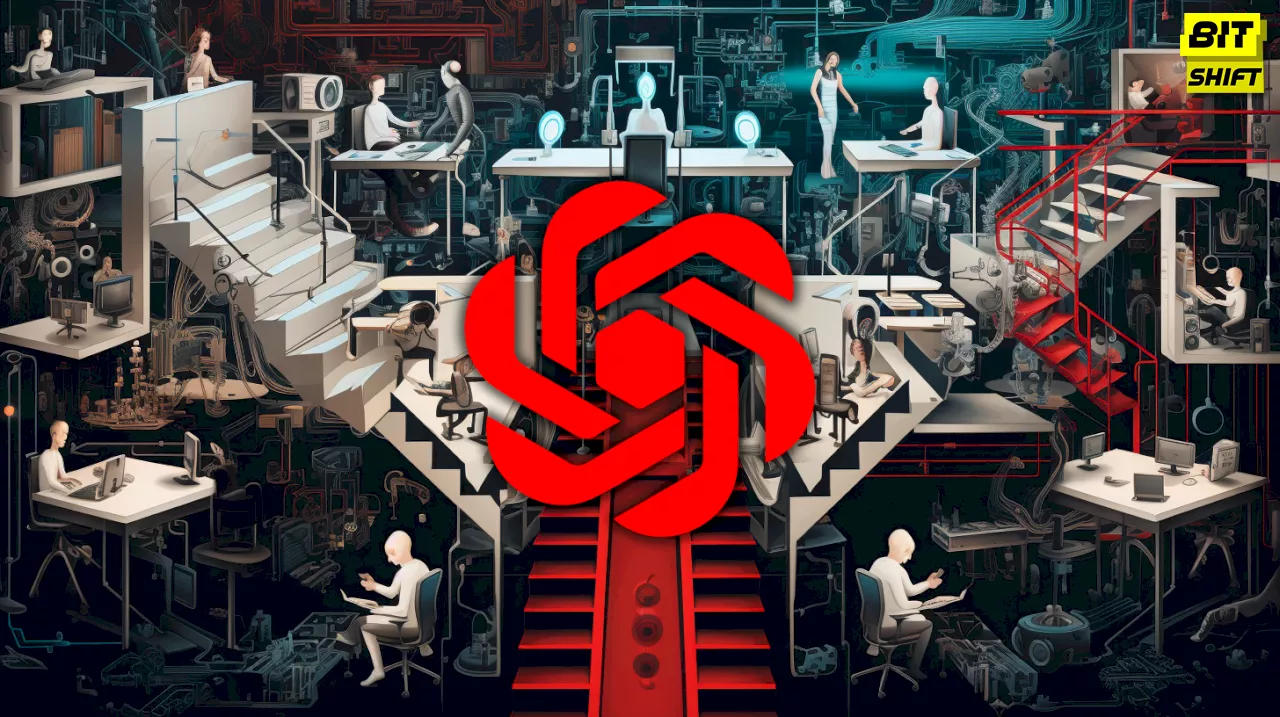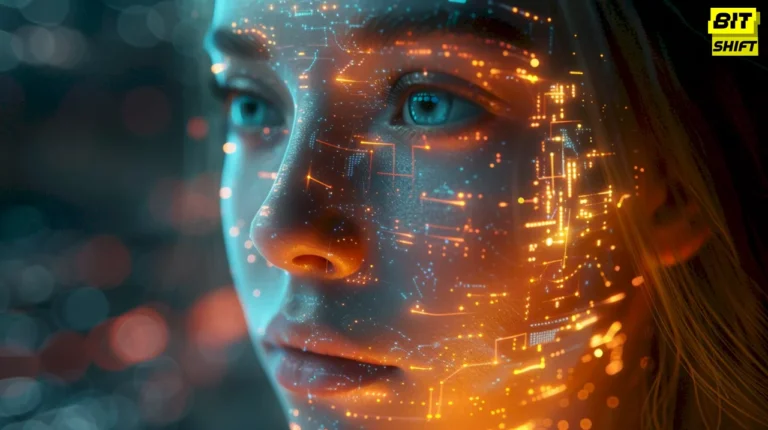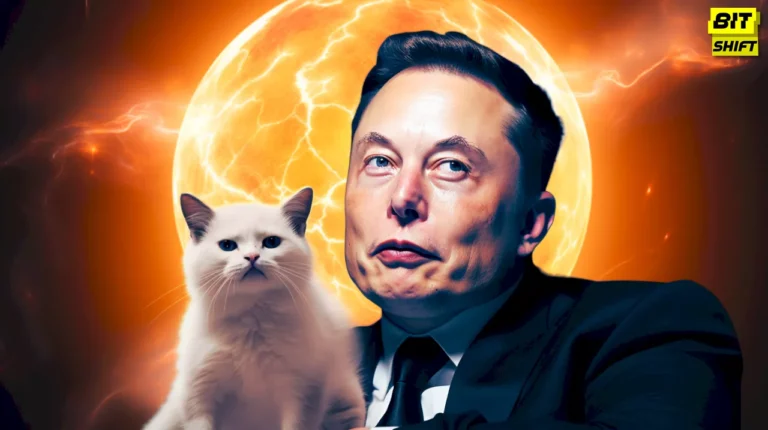
Summary
This article delves into the recent upheaval at OpenAI, a prominent artificial intelligence research lab. It explores the reasons behind the sudden departure of Sam Altman, the company’s CEO, the confusion it has caused, and the implications for the AI community and the governance of AI.
The world of Artificial Intelligence witnessed a significant disruption recently as OpenAI, a leading AI research lab, was thrown into chaos by the abrupt dismissal of Sam Altman, its CEO. His departure remains mysterious, leaving the tech industry and AI enthusiasts with unanswered questions and speculations.
The Unconventional Governance Structure
OpenAI’s non-profit board ousted Altman through an unconventional governance structure, which he, as one of the company’s co-founders, had a hand in creating. This structure empowers a select group, independent of OpenAI’s core operations, to dismiss its leadership, ostensibly to ensure humanity-first oversight of its AI technology. The board’s cryptic announcement hinted at Altman’s lack of candidness in his communications with the board. This led to his removal and subsequent replacement by interim CEO Mira Murati and, later, Emmett Shear, co-founder of Twitch. Greg Brockman, another OpenAI co-founder, also departed from the company in solidarity with Altman.
Speculations and Possibilities
Despite numerous developments, including a failed attempt by Altman to return as CEO and threats from almost every OpenAI employee to quit unless Altman was reinstated, the reasons behind the board’s decision remain unclear. One theory suggested that the board feared that OpenAI was taking risks by developing its technology too hastily. However, a post by interim CEO Emmett Shear refuted this, stating that Altman’s removal was not due to any specific disagreement on safety.
Continuing Mystery and Implications
As the mystery around Altman’s departure continues to deepen, concerns are rising about the implications for AI governance. OpenAI’s unusual governance model was designed to ensure that its for-profit arm remained aligned with its founding mission – to ensure that artificial general intelligence benefits all of humanity. However, the recent upheaval raises questions about the effectiveness of such governance models in maintaining transparency and accountability in the AI industry.
Before his sudden departure, Altman had initiated several transformative changes at OpenAI, including creating a for-profit unit to attract commercial investors and launching ChatGPT, shifting the company from a research lab to a commercial entity. This rapid transformation and subsequent fallout signals the pressing need for robust and transparent governance structures in the rapidly evolving AI industry.
As the dust settles on this episode, the AI community and the tech industry will watch closely to see how OpenAI navigates the aftermath and what lessons can be learned about leadership, transparency, and governance in AI.
Share the Article by the Short Url:






